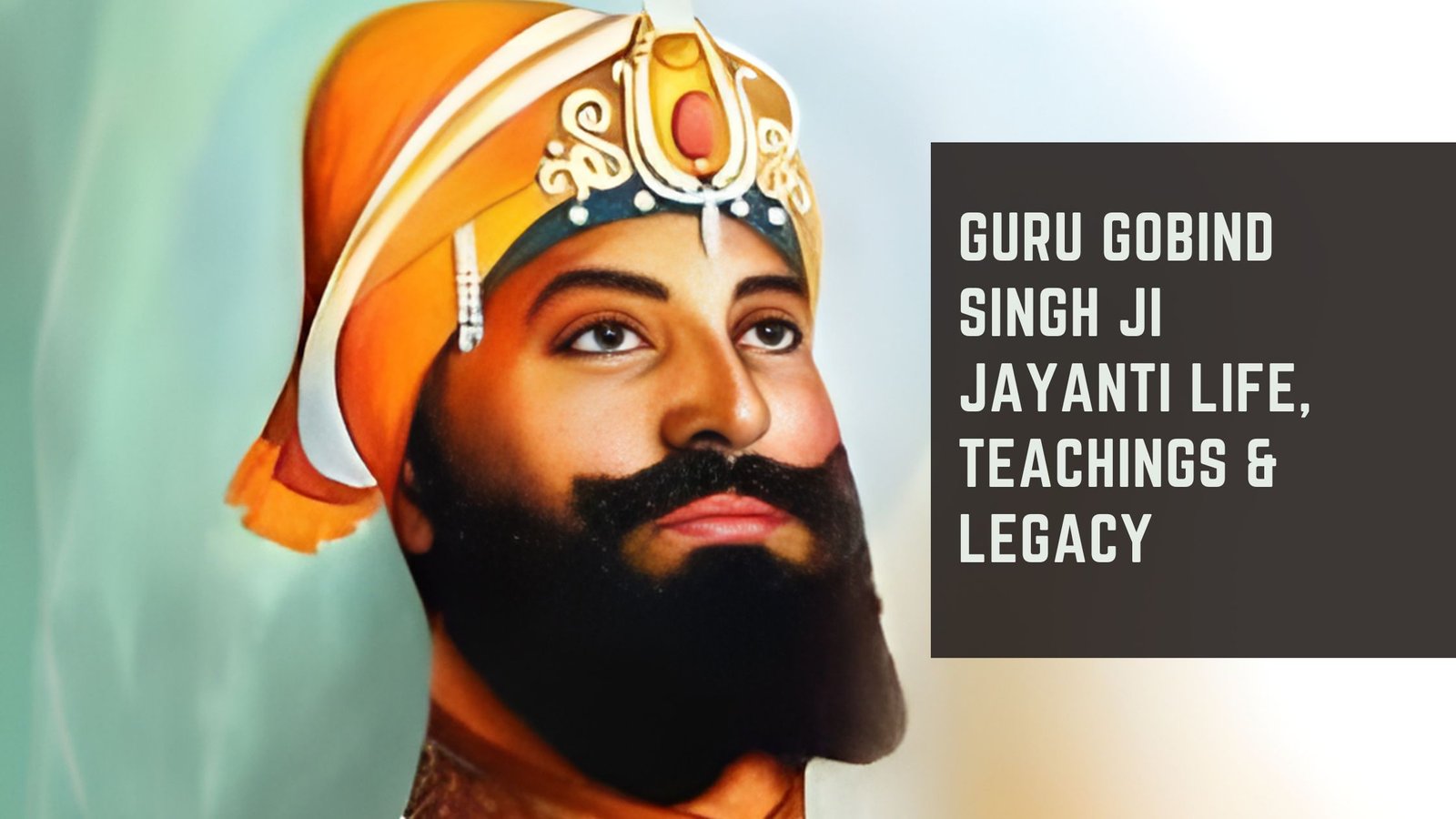The Bhagavad Gita, often referred to simply as the Gita, is a 700-verse Hindu scripture that is part of the Indian epic Mahabharata. It is a philosophical dialogue between Prince Arjuna and Lord Krishna, who serves as his charioteer. This sacred text addresses the moral and philosophical dilemmas faced by Arjuna on the battlefield of Kurukshetra, where he is torn between his duty as a warrior and his moral qualms about fighting against his own kin.
The Gita transcends its historical and cultural context, offering profound insights into human existence, ethics, and the nature of reality. Its teachings have resonated with countless individuals across generations, making it a timeless guide for personal and spiritual development. The Gita’s significance extends beyond religious boundaries; it has been embraced by thinkers, leaders, and philosophers worldwide.
Its exploration of duty, righteousness, and the nature of the self provides a framework for understanding the complexities of life. The dialogue between Arjuna and Krishna serves as a metaphor for the internal struggles that individuals face when confronted with difficult choices. As such, the Bhagavad Gita remains a vital source of wisdom for those seeking guidance in their personal and professional lives, particularly in the realm of leadership.
Key Takeaways
- The Bhagavad Gita is a sacred Hindu scripture that offers guidance on leadership and life.
- Dharma, the concept of duty and righteousness, is central to the teachings of the Bhagavad Gita.
- A timeless leader in the Bhagavad Gita possesses qualities such as fearlessness, compassion, and integrity.
- Selflessness is emphasized as a key trait for effective leadership in the Bhagavad Gita.
- Wisdom and knowledge are essential for a leader to make informed and ethical decisions, according to the Bhagavad Gita.
The Concept of Dharma in the Bhagavad Gita
The Importance of Fulfilling One’s Dharma
Krishna elucidates that fulfilling one’s dharma is paramount, even when it conflicts with personal feelings. This notion emphasizes that adherence to duty is essential for maintaining order and harmony in society.
Dharma as a Dynamic Concept
The Gita teaches that dharma is not a rigid set of rules but rather a dynamic concept that varies according to one’s role in life, circumstances, and personal growth.
The Impact of Dharma on Leadership and Society
By embracing their dharma, individuals contribute to the cosmic order and uphold justice. The teachings on dharma in the Gita serve as a reminder that ethical decision-making is crucial for effective leadership, as leaders must navigate complex situations while remaining true to their principles.
The Qualities of a Timeless Leader in the Bhagavad Gita

The Bhagavad Gita outlines several qualities that define a timeless leader, emphasizing virtues such as courage, wisdom, and integrity. A leader is expected to possess the strength to make difficult decisions while remaining steadfast in their commitment to dharma. Krishna exemplifies these qualities as he guides Arjuna through his moral crisis, demonstrating that true leadership involves not only guiding others but also embodying the values one espouses.
A leader’s ability to inspire confidence and trust is rooted in their authenticity and adherence to ethical principles. Moreover, the Gita highlights the importance of self-awareness in leadership. A leader must understand their strengths and weaknesses, as well as their impact on others.
This self-awareness fosters empathy and compassion, allowing leaders to connect with their followers on a deeper level. By cultivating these qualities, leaders can create an environment where collaboration and mutual respect thrive. The timeless nature of these qualities ensures that they remain relevant across cultures and eras, providing a blueprint for effective leadership in any context.
The Importance of Selflessness in Leadership
| Metrics | Data |
|---|---|
| Employee Satisfaction | High levels of selflessness in leadership can lead to increased employee satisfaction and morale. |
| Team Collaboration | Selfless leaders often foster a culture of collaboration and teamwork among their team members. |
| Trust and Loyalty | Selfless leaders tend to earn the trust and loyalty of their team members, leading to stronger relationships. |
| Organizational Success | Selflessness in leadership can contribute to the overall success and performance of the organization. |
Selflessness emerges as a crucial attribute for effective leadership within the teachings of the Bhagavad Gita. Krishna emphasizes that true leaders prioritize the welfare of others over their own desires and ambitions. This selfless approach fosters trust and loyalty among followers, creating a sense of unity and shared purpose.
Leaders who embody selflessness are more likely to inspire their teams to work collaboratively toward common goals, as they demonstrate a commitment to collective success rather than personal gain. Furthermore, selflessness aligns with the concept of karma yoga, or the path of selfless action. The Gita teaches that individuals should perform their duties without attachment to the results, focusing instead on the process and intention behind their actions.
This perspective encourages leaders to act with integrity and authenticity, free from the burdens of ego and personal ambition. By embracing selflessness, leaders can cultivate an environment where creativity and innovation flourish, ultimately leading to greater success for both individuals and organizations.
The Role of Wisdom and Knowledge in Leadership
Wisdom and knowledge are foundational elements of effective leadership as articulated in the Bhagavad Gita. Krishna imparts profound insights to Arjuna, emphasizing that true knowledge transcends mere information; it encompasses understanding one’s purpose, recognizing the interconnectedness of all beings, and discerning right from wrong. A wise leader possesses the ability to navigate complex situations with clarity and foresight, making informed decisions that benefit both themselves and their followers.
In addition to intellectual knowledge, emotional intelligence plays a vital role in leadership according to the Gita. Leaders must be attuned to their own emotions as well as those of others, fostering an environment where open communication and understanding thrive.
By integrating wisdom and knowledge into their leadership approach, individuals can cultivate resilience and adaptability in an ever-changing world.
The Practice of Detachment in Leadership

Detachment is another significant principle highlighted in the Bhagavad Gita that holds profound implications for leadership. Krishna teaches Arjuna about the importance of performing one’s duties without attachment to outcomes or results. This practice of detachment allows leaders to maintain focus on their responsibilities while remaining resilient in the face of challenges or setbacks.
By letting go of attachment to specific outcomes, leaders can approach situations with a clear mind and an open heart. Moreover, detachment fosters a sense of inner peace and stability within leaders. When individuals are not overly invested in personal gain or recognition, they can make decisions based on what is best for their team or organization rather than being swayed by ego or external pressures.
This clarity enables leaders to act with integrity and authenticity, reinforcing their commitment to dharma. Ultimately, practicing detachment empowers leaders to navigate uncertainty with grace while inspiring those around them to do the same.
The Bhagavad Gita’s Perspective on Decision Making in Leadership
The Bhagavad Gita offers valuable insights into decision-making processes within leadership contexts. Krishna’s guidance emphasizes the importance of aligning decisions with dharma while considering both short-term consequences and long-term implications. Leaders are encouraged to engage in thoughtful reflection before making choices, weighing their options against ethical principles and the greater good.
This approach fosters a sense of responsibility and accountability among leaders as they navigate complex dilemmas. Additionally, the Gita underscores the significance of seeking counsel from wise individuals when faced with challenging decisions. Krishna serves as a mentor to Arjuna, illustrating how collaboration and dialogue can lead to deeper understanding and more informed choices.
By fostering an environment where diverse perspectives are valued, leaders can enhance their decision-making processes while cultivating trust among their followers. This collaborative approach not only strengthens relationships but also leads to more effective outcomes.
Applying the Bhagavad Gita’s Leadership Qualities in the Modern World
The teachings of the Bhagavad Gita offer timeless wisdom that remains relevant in today’s fast-paced and often tumultuous world. As individuals navigate complex challenges in various spheres of life—be it personal relationships or professional endeavors—the qualities outlined in the Gita provide a roadmap for effective leadership. Embracing concepts such as dharma, selflessness, wisdom, detachment, and ethical decision-making can empower leaders to create positive change within their organizations and communities.
Incorporating these principles into modern leadership practices requires intentionality and commitment. Leaders must cultivate self-awareness, prioritize ethical considerations, and foster an environment where collaboration thrives. By embodying the qualities espoused in the Bhagavad Gita, individuals can inspire others while contributing to a more just and harmonious society.
Ultimately, applying these timeless teachings can lead not only to personal growth but also to transformative leadership that uplifts others and fosters collective well-being.
The Bhagavad Gita is a timeless spiritual text that offers valuable insights into leadership qualities. In a related article titled “Unraveling the Gita: Understanding its Depths” on thegita.in, the author delves into the profound teachings of the Gita and how they can be applied to leadership roles. By exploring the divine conversations between God and Arjuna in the Bhagavad Gita, individuals can gain a deeper understanding of effective leadership strategies and decision-making processes. This article highlights the wisdom of the Gita and its relevance in guiding leaders to make ethical and impactful decisions.
FAQs
What is the Bhagavad Gita?
The Bhagavad Gita is a 700-verse Hindu scripture that is part of the Indian epic Mahabharata. It is a sacred text of the Hindu religion and is considered one of the most important spiritual classics.
What are the leadership qualities mentioned in the Bhagavad Gita?
The Bhagavad Gita emphasizes several key leadership qualities, including selflessness, decisiveness, integrity, humility, and the ability to inspire and motivate others.
How does the Bhagavad Gita relate to leadership?
The Bhagavad Gita provides guidance on how to be an effective and ethical leader by emphasizing the importance of selfless action, moral decision-making, and the ability to inspire and motivate others.
Can the teachings of the Bhagavad Gita be applied to modern leadership practices?
Yes, many of the leadership qualities and principles mentioned in the Bhagavad Gita are still relevant and applicable to modern leadership practices. The text provides timeless wisdom that can be applied in various leadership contexts.
Are there any specific examples of leaders who have applied the teachings of the Bhagavad Gita?
There are numerous examples of leaders, both historical and contemporary, who have drawn inspiration from the Bhagavad Gita and incorporated its teachings into their leadership practices. These leaders come from various fields, including business, politics, and spirituality.














